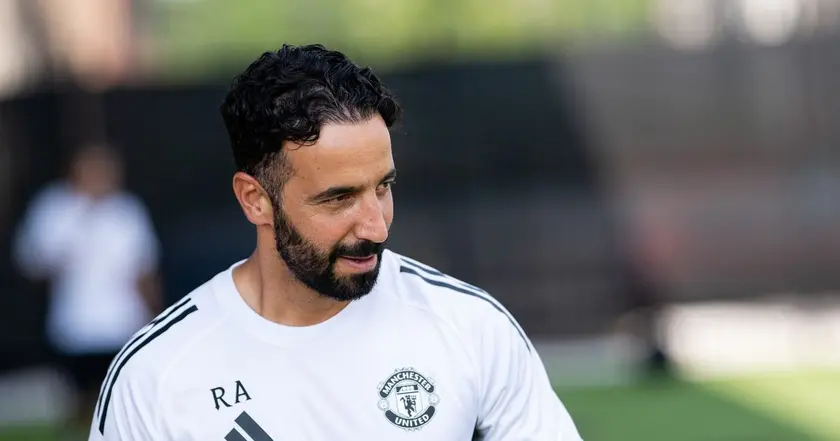T4K3.news
Midfield options emerge as United eye budget move
Manchester United assess a cheaper midfield option as Baleba price concerns rise ahead of the window deadline.
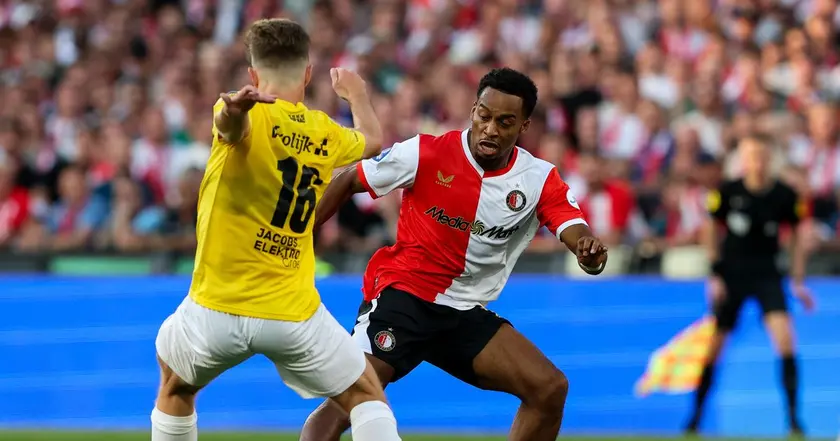
Manchester United weigh a cheaper midfield option as they push to strengthen before the transfer window closes while Baleba remains a high-cost target.
Man United pursue cut-price midfielder amid Baleba links
Manchester United have spent close to £200 million this summer and are still chasing a midfield fix with the window set to close. A sale or two could unlock funds, but so far United have not moved any players out, leaving the balance sheet under pressure while they chase a long-term solution.
Brighton’s Carlos Baleba has been linked with a move, but the Seagulls are known for high asking prices when a key asset is involved. With a price tag that could climb into north of £100 million, United are weighing options that could deliver urgency without destabilising the squad.
One option gaining traction is Feyenoord midfielder Quinten Timber. Timber’s profile aligns with United’s need for pace, ball progression, and energy in midfield. His contract situation means a cut-price deal could be possible, provided fitness history remains clean and the knee issues from prior seasons do not resurface.
If Baleba proves too costly, Timber offers a pragmatic alternative that could keep United competitive this season while preserving future spending capacity. The decision hinges on medical reports, deadline pressures, and Brighton’s willingness to negotiate from a position of leverage.
Key Takeaways
"The plan is to buy smart not spend big"
Editorial framing of United's transfer strategy
"Brighton shows you can profit and still compete"
Comment on Brighton’s selling model and market dynamics
"Timber could be a bargain if the injury cloud clears"
Assessment of Timber as an alternative
"Fans deserve a midfield that lasts the season"
Audience-facing statement about expectations
Manchester United are navigating a delicate balance between immediate needs and long-term sustainability. The pursuit of Baleba signals intent to land a high-impact talent, but the price tag risks crowding the budget against other squad needs. Timber represents a safer, cheaper risk, yet a knee history introduces doubt about durability. The club’s willingness to pivot to a second-choice option reflects a broader market trend: teams are increasingly hedging bets with younger, energetic players who can be developed into long-term starters.
The underlying tension is clear. Fans want results now, but clubs face a reality check: ongoing development comes with risk and cost. Brighton’s openness to selling, and United’s need to fund multiple positions, could push the market toward a bargain that might pay off if medical assessments clear and the player adapts quickly. This window may test whether United gamble on potential or lean on proven reliability.
Highlights
- Cut-price fixes can win the race when time is short
- Durable, not dazzling, is the real upgrade
- Injuries decide if a bargain pays off
- Smart spending means stability over flash
Budget pressures from big summer outlay
Manchester United’s near-£200m summer outlay raises questions about how transfers are funded if expected sales fall short. A cut-price option could ease the strain but does not remove risk from injuries or performance in a key position.
The transfer market is about balance as much as believability, and United must choose a path that sustains momentum without overreaching.
Enjoyed this? Let your friends know!
Related News
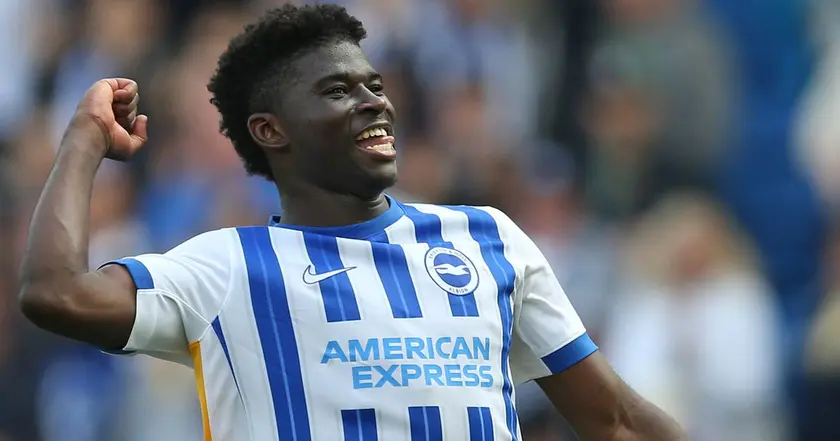
Baleba transfer update
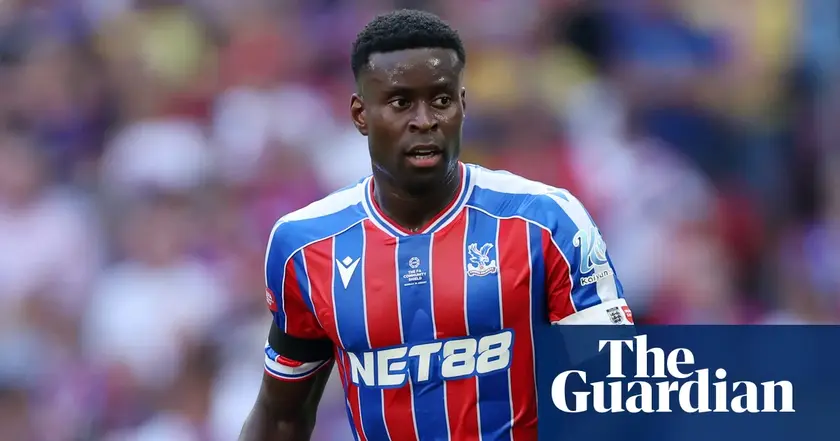
Liverpool push Guéhi bid and United pursue Baleba
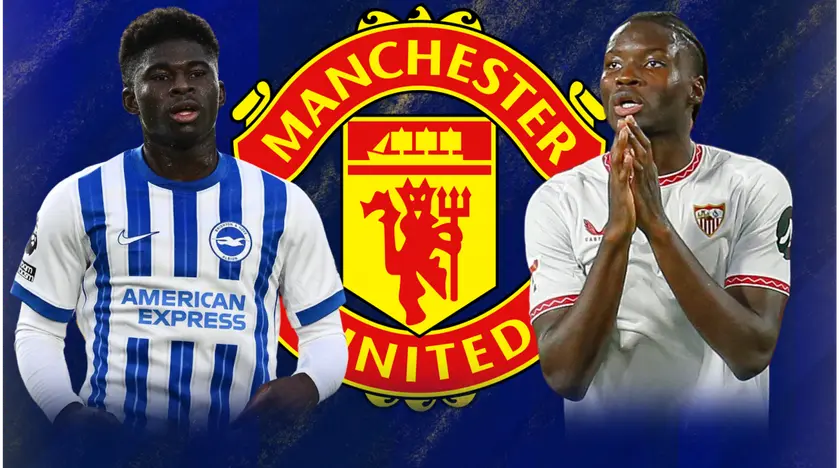
Manchester United explores alternative midfielders
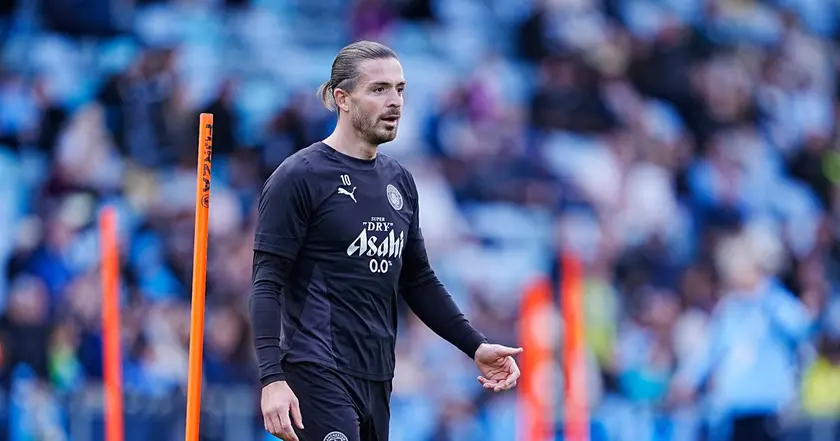
Premier League transfer window update
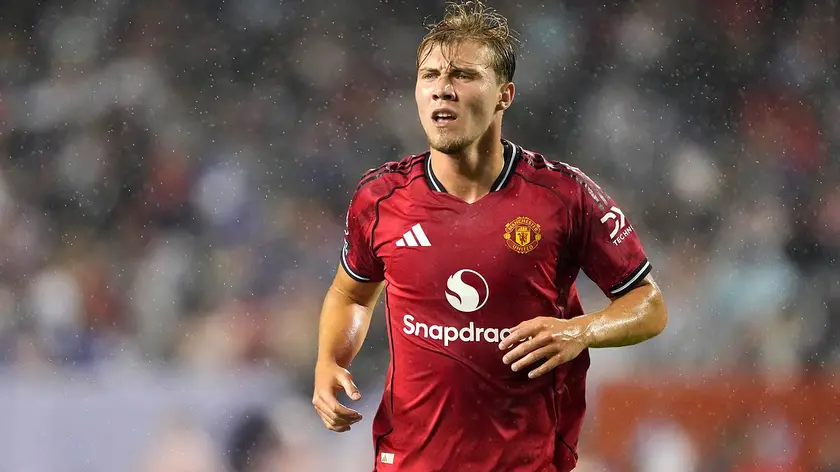
Fulham eye Hojlund move as United push to offload after Sesko signing
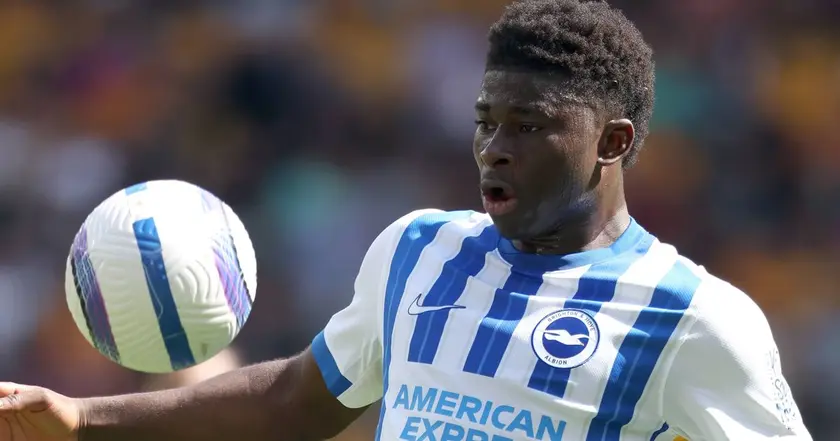
Manchester United edge closer to a midfield plan
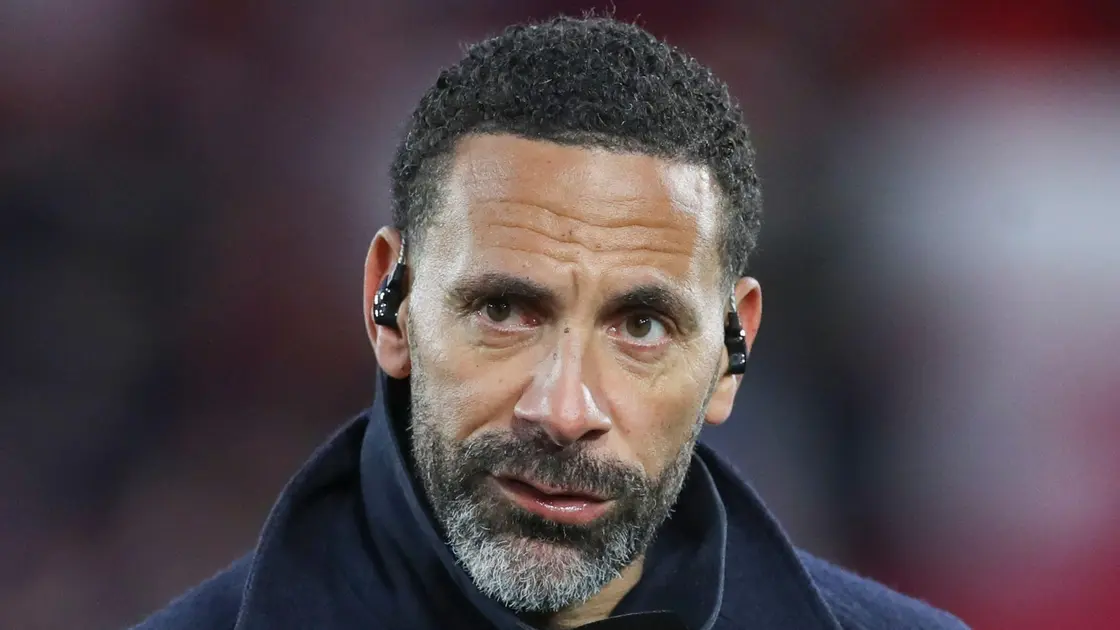
Ferdinand questions Calvert Lewin link
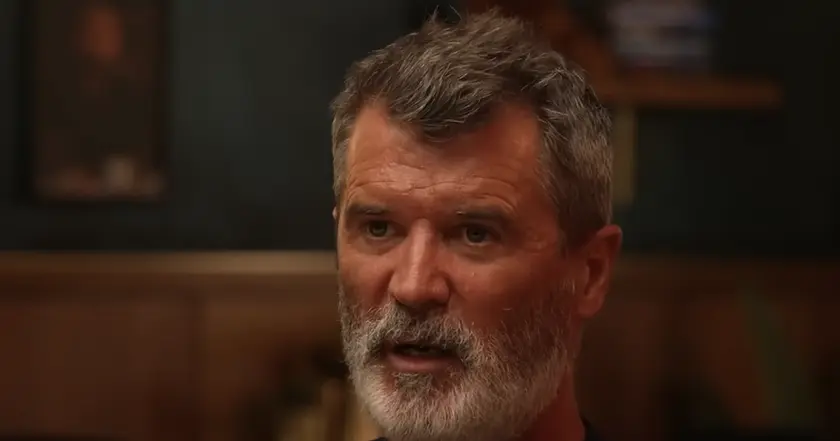
Keane warns on Baleba price tag
